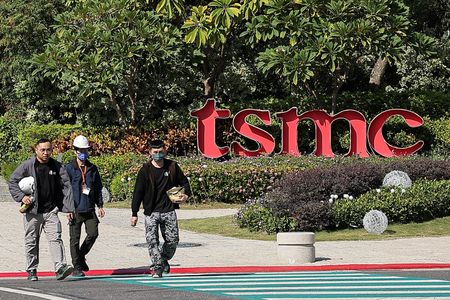SHANGHAI (Reuters) – China’s central bank suspended treasury bond purchases on Friday, briefly lifting yields and spurring speculation it is stepping up defence of the yuan currency which has been sliding since the election of Donald Trump as U.S. president.
The move breaks with five months of buying and coincides with a brutal selloff in global bond markets, suggesting the People’s Bank of China is also trying to ensure yields at home rise in tandem, or at least stop falling, analysts say.
Yields, which move inversely to bond prices, jumped following the announcement, though benchmark 10-year rates were slightly lower by evening.
The policy shift and the market’s wary response points to the juggling act PBOC is attempting as it seeks to revive economic growth by keeping cash conditions easy, while also trying to douse a runaway bond rally and simultaneously stabilise the currency amid political and economic uncertainty.
“It has indicated a willingness to loosen policy further … however, (yuan) weakness due to the strong dollar and widening differential with U.S. rates will complicate the PBOC’s position,” analysts at Commerzbank said in a note.
The PBOC cited a shortage of bonds in the market as the reason it was halting the purchases, which were part of its operations to ease monetary settings and boost economic activity.
China’s 10-year treasury yield initially rose four basis points but was last down by just over half a basis point to 1.619%. The yuan rose slightly though it was last trading flat at 7.3326 per dollar, around a 16-month low.
“One of the key reasons for the depreciation of the yuan is the widened yield gap between China and the U.S., so the central bank is sending a signal to the market that the yield rate is unlikely to fall further,” Ken Cheung, chief Asian FX strategist at Mizuho Bank.
The central bank said in a statement it would resume bond buying via open market operations “at a proper time depending on supply and demand in the government bond market”.
BUBBLE RISKS
Bond prices in China have been on a decade-long rally – one that kicked into a higher gear roughly two years ago as property sector woes and weakness in the stock market triggered a flood of funds flowing into bank deposits and the debt market.
This week the market has defied a global selloff, rallying on irresistible demand for safe assets and investors’ bets on further rate cuts in the world’s second-biggest economy.
The PBOC has warned for months about bubble risks as long-dated yields hit successive record lows, though at the same time authorities have foreshadowed further easing.
The currency has fallen nearly 5% since September, largely due to worries that Trump’s threats of fresh trade tariffs will heap more pressure on the struggling Chinese economy.
Huang Xuefeng, research director at Shanghai Anfang Private Fund Co in Shanghai, said he expects the downtrend in bond yields to persist as “the market continues to grapple with an asset famine situation” where there’s a shortage of good investment opportunities.
On Friday, Financial News, a PBOC publication, quoted an economist as saying that the market should avoid excessive expectations on monetary policy easing.
(Reporting by Shanghai newsroom and Tom Westbrook; Editing by Vidya Ranganathan, Sam Holmes and Kim Coghill)









